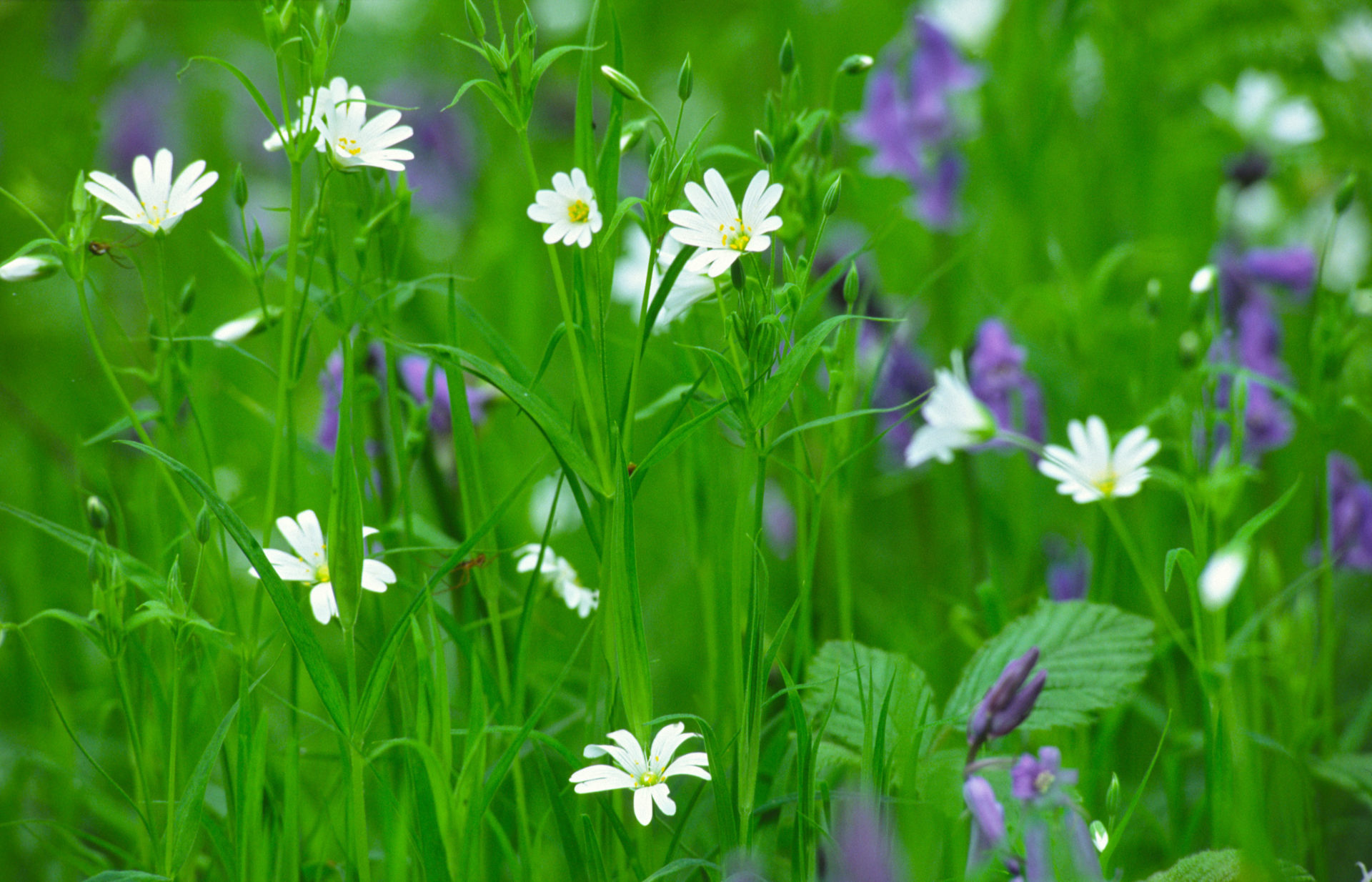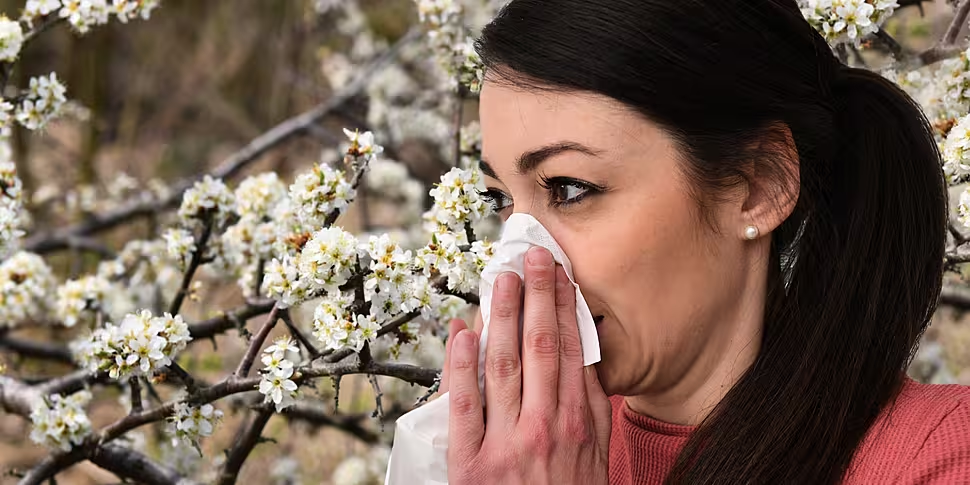The symptoms of hay fever can be so similar to COVID people might not know what they are suffering from, a pharmacist has warned.
The arrival of spring means the pollen count surges and hay fever sufferers will be stocking on antihistamine drops or nasal sprays.
However, although the acute stage of the pandemic is over, COVID-19 is still circulating and pharmacist Laura Dowling says this is something to be aware of.
“Some people might think that it’s COVID,” she told Late Breakfast with Claire McKenna.
“People that have suffered from hay fever in previous years will probably understand the symptoms - but you can get hay fever at any stage in your life.
“So, I suppose it’s those people who might get it for the first time ever that might wonder, ‘What are these symptoms?’”
 Spring wildflowers in Ness Wood. County Derry.
Spring wildflowers in Ness Wood. County Derry.Hay fever is essentially an allergy reaction to certain parts of the natural world and - unlike a cold - it can last for weeks or even months.
“It can be [triggered by] tree pollen, grass pollen, weed pollen,” Ms Dowling said.
“So, they come at different times of the year; the tree pollen is more during the spring, grass pollen is late spring/early summer and then the weed pollen is early autumn… Those things can trigger an allergic response in our nose, in our eyes and that’s what causes the itchy eyes, the streamy eyes, the sneezing - the itchy throat as well is an awful symptom.
“They can get itchy mouth, nose and ears as well and the runny and blocked nose - which can just make them feel very miserable.”
There is currently no cure for hay fever - although scientists have been working on a vaccine; however, there are certain things people can do to alleviate the symptoms.
“Wrap around sunglasses are a great idea,” Ms McKenna suggested.
“Because when the pollen gets to the eyes, it’s really irritating for the eyes.
“It’s a good idea to shower and change their clothes after being outside - particularly if it has been a day where it’s been really bright and sunny and there’s grass being cut and loads of pollen around.
“People are advised to stay indoors when the pollen count is high. Now, I don’t how realistic that is… but to limit the amount of time they’re outside would be good; a high pollen count is considered to be greater than 50 grains per cubic metre of air.
“The pollen counts are on the news; I think Met Éireann provide pollen counts for us as well.
“To vacuum often is a great idea as well; that will keep the pollen sucked up into the vacuum and to dust with a damp cloth.”
A GP can also refer a sufferer to immunotherapy where a patient will be given small amounts of pollen as an injection or tablet to build up their immunity.
Main image: A woman with hay fever. Picture by: PA.









